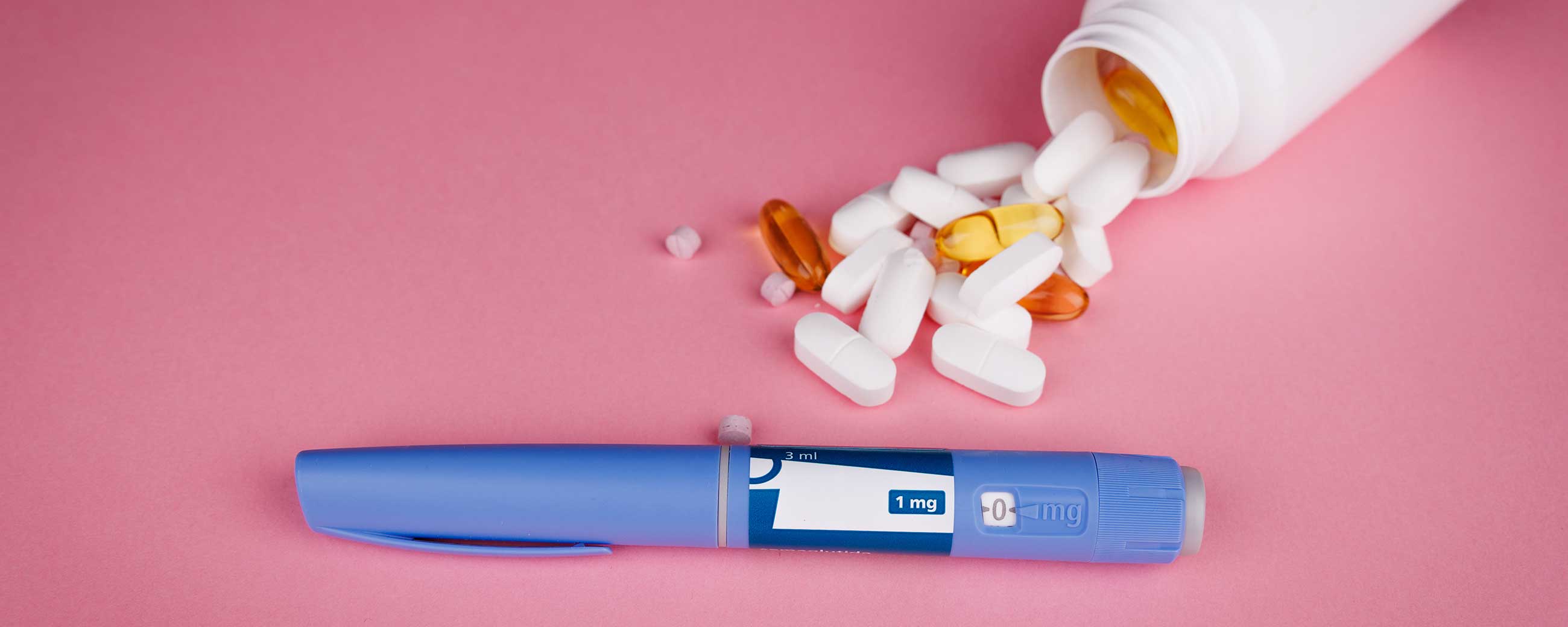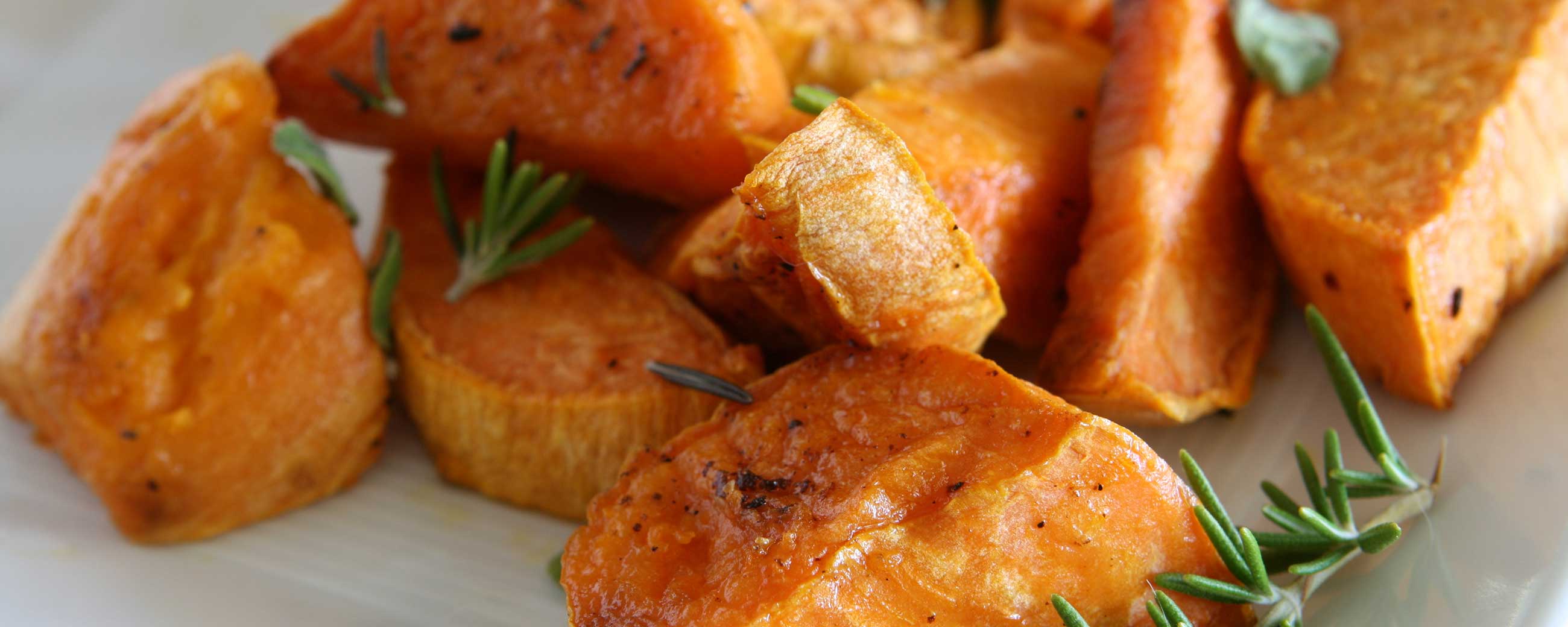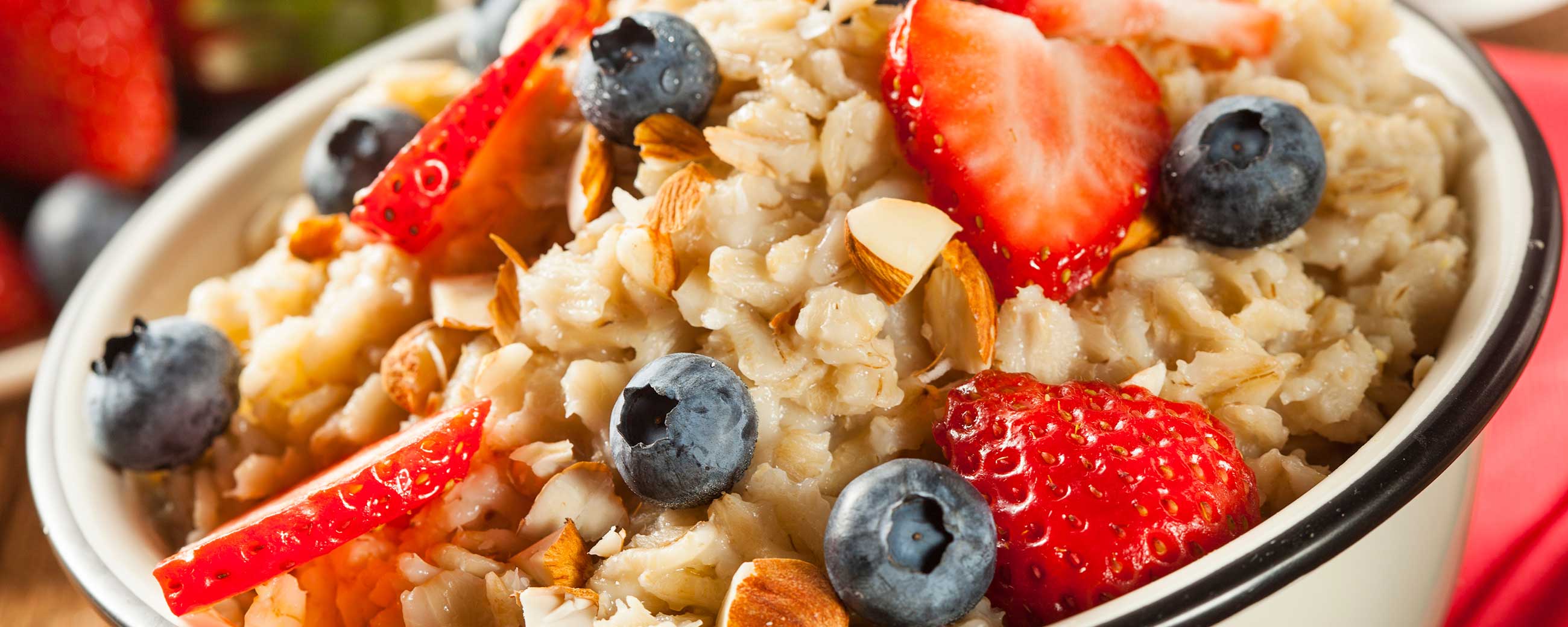
Does Stevia Raise Blood Sugar?

Does stevia raise blood sugar? There’s good news for those with diabetes who still have a sweet tooth. Literally dozens of sugar free sweeteners now exist and can give the flavor you seek without spiking your glucose levels. Stevia, aspartame, xylitol, and monk fruit just to name a few. But like many foods and additives, not all things are created equal. While these artificial sweeteners are great alternatives to sugar, some can still affect your blood sugar if you’re not careful.
How does stevia affect blood sugar?
Pure stevia doesn’t affect blood sugar at all. That said, many stevia products contain additional ingredients and additives that may raise your glucose levels. Dextrose and maltodextrin are common secondary ingredients in stevia products that could make stevia raise insulin levels. Dextrose has a glycemic index (GI) level of 100, and maltodextrin’s GI is 95. Both of these additives can raise blood sugar levels if they’re used in a high enough proportion when blended with pure stevia.
Does stevia raise blood sugar in high doses?
According to the FDA, stevia is safe in quantities of 12 milligrams per kilogram of body weight with no risk to elevated glucose levels. This breaks down to about 27 packets of stevia per day for a 130 pound person. (However, keep in mind 27 packets of stevia are 200 to 400 times sweeter than table sugar!) While it’s safe to ingest that quantity with no risk to your glucose levels, everyone has different levels of tolerance for different types of sweeteners. Common side effects of ingesting too much stevia are nausea, bloating, and vomiting, so be sure to ease into any heavy use of artificial sweeteners.
Is Stevia good for diabetes?
As mentioned above, pure stevia is an excellent option for people with diabetes when it comes to artificial sweeteners. But if stevia isn’t an option you prefer, there are a number of other sugar-free sweeteners on the market. Here are some of the ones we like here at Virta:
- Sucralose: Used commonly in chewing gum and baked goods.
- Xylitol: Sugar alcohol that works well in baking. Can cause an upset stomach.
- Erythritol: A natural sweetener that doesn't spike blood sugar or insulin levels.
- Acesulfame potassium: Also known as Sunett, Sweet One, or Ace-K, this sweetener is often blended with another low-calorie sweetener.
- Saccharin: Also known as Sweet'N Low, this sweetener may aid weight loss and reduce cavities.
- Aspartame: Also known as NutraSweet.
- Monk fruit: A natural sweetener that can regulate blood sugar levels.
What’s the healthiest sugar substitute for people with type 2 diabetes?
“Healthiest” can be somewhat of a tricky word because everyone’s health goals are a little different. A measure that can help you make a decision is the glycemic index for these types of sweeteners. It may not be a question of ‘Does stevia raise blood sugar’ so much as how you plan to use the substitute, and what level of sweetness you’re wanting to achieve. For example, here are the glycemic indices and relative sweetness levels for a few of the sweeteners listed above:
- Monk fruit: Has a GI of 0 and is 150 to 200 times sweeter than table sugar.
- Stevia: Has a GI of 0 and can be up to 300 times sweeter than table sugar.
- Xylitol: Has a GI of 13 and is comparable in sweetness to white sugar.
Aspartame: Has a GI of 0 and doesn't count as calories or carbohydrates on a typical diabetes exchange.
The Takeaway
The good news: if you have diabetes, artificial sweeteners like stevia can help maintain regular blood glucose levels while allowing you to enjoy some of the sweeter things in life. Stevia extract can be a good option for people with diabetes. But it’s important to make sure that the stevia product you choose doesn’t include additives or secondary ingredients that can spike your blood sugar.
If you are diagnosed with type 2 diabetes and want to live a healthier lifestyle, Virta Health may be able to help. By making healthy lifestyle changes in a medical setting with supportive resources like 1:1 virtual coaching, you can regain control of your health and feel like yourself again. See if you’re eligible for Virta Health here.
This blog is intended for informational purposes only and is not meant to be a substitute for professional medical advice, diagnosis, or treatment. Always seek the advice of your physician or other qualified health provider with any questions you may have regarding a medical condition or any advice relating to your health. View full disclaimer
Are you living with type 2 diabetes, prediabetes, or unwanted weight?








